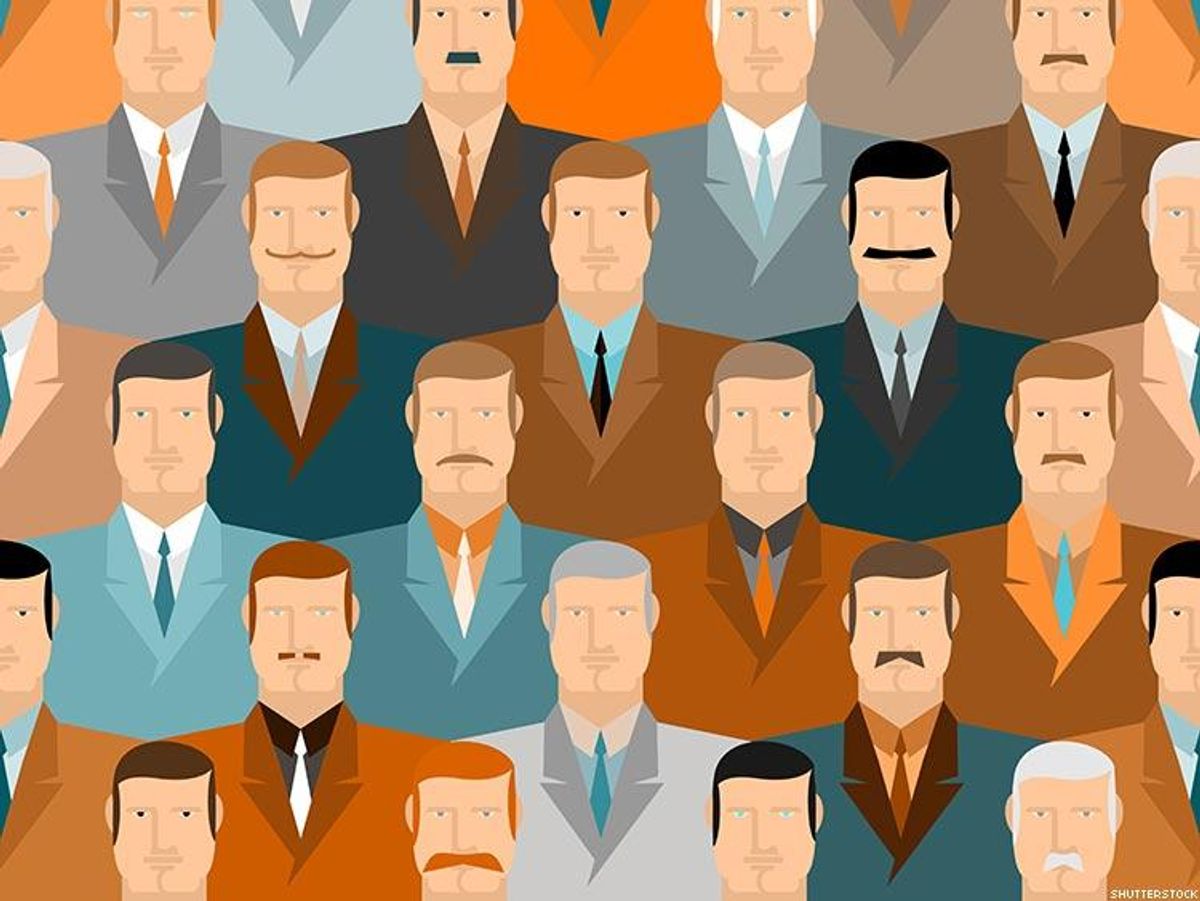Out in Tech. Out Professionals. Lesbians Who Tech. The National Gay and Lesbian Journalism Association. There are dozens of LGBT business and social networking organizations, but do we still need them now that we've made great strives in LGBT equality? And are people using these organizations to get jobs or relationships?
I went to my first NGLJA mixer several years ago with two gay friends who, like myself, work in television news. Admittedly, I had only one goal: find a gal to date. Those hopes were quickly dashed when I realized I was the only woman there.
Girl did not meet girl, but I had fun and met wonderful gay men who have helped me throughout the years.
I found the same issue at Out in Tech. At one mixer I went to, while there were at least 150 men; there were less than a dozen women.
The outnumbering of men to women at professional functions isn't new to queer women. That's part of the reason Leanne Pittsford founded Lesbians Who Tech.
The group recently held its second New York summit, where I had the honor of giving an Ignite speech: "What I've Learned as a One-Man Band Reporter." A few of my friends also went to the summit. Some to network, others to date. Pittsford isn't surprised.
"I think every professional setting can have an element of a personal setting whether it's dating or a friendship," she says.
Patrick Henderson, president of the New York chapter of NGLJA, agrees.
"Organizations are always an opportunity to meet people with similar interests and lifestyles, so sometimes dating and relationships form organically from nonromantic relationships built though NLGJA or other professional organizations."
Dating aside, are these groups still needed? We have marriage equality, more representation in the media, and many of us don't feel the need to hide our sexuality or gender identity anymore.
Pittsford says they are still needed, especially ones that focus on what she calls "diversity within diversity."
"Most lesbians, queer women, identity with being a woman first," she says.
That's true. I identify first as black, then as a woman, then as a lesbian. Yet when I go to some of these events, I am one of only a few women or a few black people.
If I were married, my household would face problems different than two married white men. If my partner were white, she would make 78 cents to their dollar, and I as a black female would make only 64 cents, if we follow statistical averages. (If my partner were Hispanic, she would make 54 cents.)
Pittsford says women in technology are still underrepresented. There is still a lack of women in leadership positions in many companies. And with all the whitewashed TV shows, commercials, and movies, it's easy to see there are not enough people of color involved in producing or writing them. This underrepresentation trickles down to networking events.
"LGBT groups are predominantly male," Pittsford says. "Everything from the organizational makeup to the leadership team."
But can we change that?
"If you want to create a community, you have to start with leadership," Pittsford says. "If you don't have leadership that reflects the community you are trying to reach, you're never going to have that type of representation."
Henderson says he realizes NGLJA is not as diverse as it could be and that's something he's trying to change in his chapter. He says while the education events have a diverse crowd, the mixers are predominately male.
"The mixers we've held in the past were held at gay bars in the city, which left many women feeling like they didn't belong. When we did have women attend, they felt out of place being one of the few women in the room."
He says this is why the mixers were moved to the Stonewall Inn, which has a historical significance for all LGBTQ people.
I have noticed more women at the mixers at Stonewall, so that is definitely a start. But what about the lack of people of color? That is something both Pittsford and Henderson noticed and something they say they are both working on.
Maybe the question isn't whether LGBT professional organizations are still relevant, but how they can be more relevant. The answer: Include more intersectional identities.
How do we get this diversity within diversity? We can start by including ourselves. Ladies, let's show up more. Go to events. Even if we are in a relationship and don't see much reason to go out. Even if you'd rather stay home because you assume you'll be the only woman.
Black, Latino, and Asian folks, I know it can be tiresome being the only person of color in the room, but go anyway. Show up. If you have a bad time, try again. Reach out to the organizers and tell them your thoughts. And group organizers, if you look around the room and see that everyone looks like you, there is a problem. Figure out a way to get other people involved.
When professional mixers are more diverse, we can stop asking ourselves whether they're still relevant and look forward to the next one we're invited to.


















































































